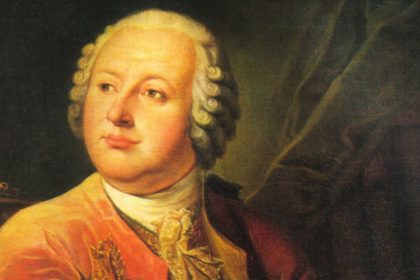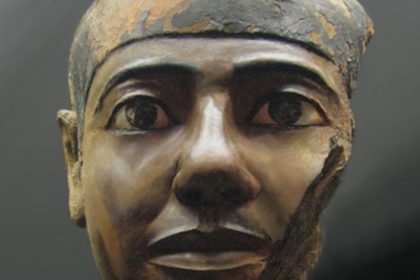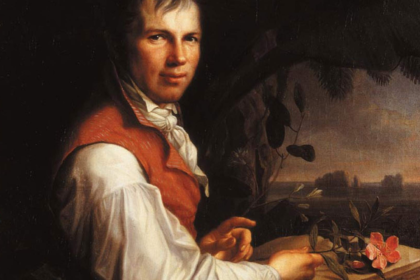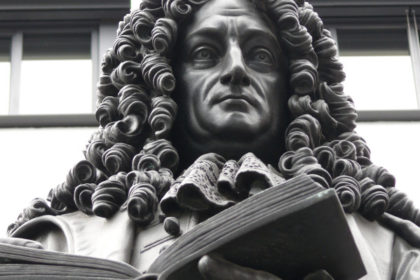Mikhail Vasilyevich Lomonosov was a Russian polymath, scientist and writer, who made important contributions to literature, education and science. Among his discoveries were the atmosphere of Venus and the law of conservation of mass in chemical reactions. Take a look below for 30 more awesome and interesting facts about Mikhail Lomonosov. 1. His spheres of…
25 Interesting And Bizarre Facts About Imhotep
Imhotep was an Egyptian chancellor to the pharaoh Djoser, probably architect of the step pyramid, and high priest of the Sun god Ra at Heliopolis. Very little is known of Imhotep as a historical figure, but in the 3000 years following his death, he was gradually glorified and deified. Take a look below for 25…
30 Fun And Interesting Facts About Alexander Von Humboldt
Friedrich Wilhelm Heinrich Alexander von Humboldt was a Prussian polymath, geographer, naturalist, explorer and influential proponent of Romantic philosophy and science. He was the younger brother of the Prussian minister, philosopher, and linguist Wilhelm von Humboldt. Take a look below for 30 more fun and interesting facts about Alexander von Humboldt. 1. Humboldt’s quantitative work…
30 Interesting And Fun Facts About Avicenna
Avicenna was a Persian polymath who is regarded as one of the most significant physicians, astronomers, thinkers and writers of the Islamic Golden Age. He has been described as the father of early modern medicine. Take a look below for 30 more interesting and fun facts about Avicenna. 1. Of the 450 works he is…
30 Fascinating And Interesting Facts About Gottfried Wilhelm Von Leibniz
Gottfried Wilhelm von Leibniz was a German polymath and philosopher who occupies a prominent place in the history of mathematics and the history of philosophy, having developed differential and integral calculus independently of Isaac Newton. Take a look below for 30 more fascinating and interesting facts about Gottfried Wilhelm von Leibniz. 1. Leibniz’s notation has…





